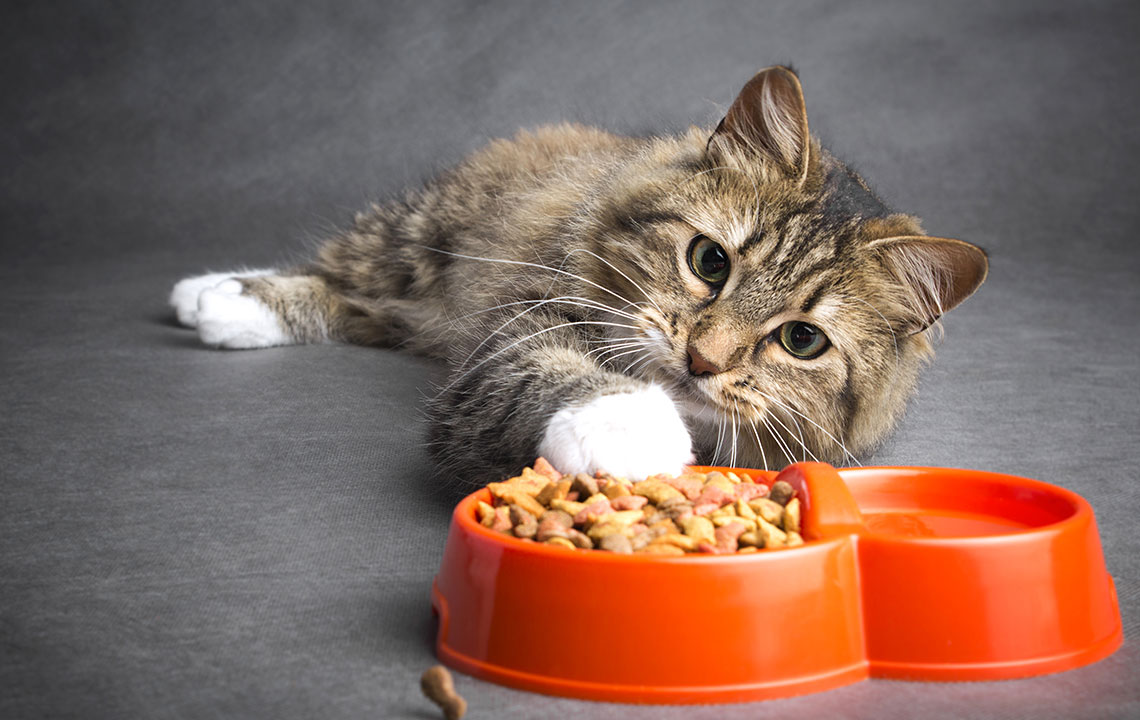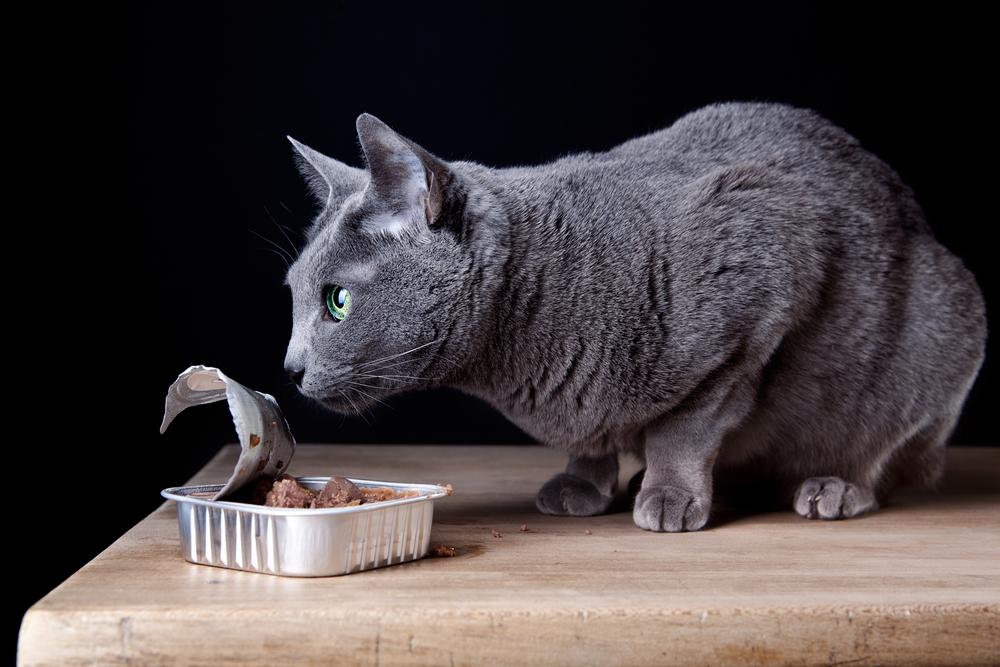Top Dietary Strategies for Cats with Skin Allergies
Discover effective dietary tips for managing skin sensitivities in cats. Learn about suitable foods that promote healthy skin, coat, and immune strength. Consult your veterinarian for personalized care plans to help your feline thrive with fewer skin issues.

Top Dietary Strategies for Cats with Skin Allergies
Similar to humans, cats can experience food sensitivities that lead to skin problems like itching, swelling, and discomfort. Common allergens include ingredients such as corn, dairy, and certain seafood. Pet owners need to carefully select appropriate diets and observe for any adverse symptoms to ensure their feline's well-being.
If your cat shows signs of skin issues, first check for pests like fleas or mites. If pests are not present, consider food or environmental allergies. Seek veterinary advice to determine the cause and explore suitable treatment options. Switching to specially formulated foods can greatly enhance your cat's immune health and skin condition.
If pests are ruled out, dietary or environmental allergies might be behind the skin issues. Selecting foods designed for sensitive skin can support improved coat health and immune strength.
Options like BLUE Wilderness™ Meat-Based Dry Cat Food with sweet potatoes offer wholesome carbs and are free from soy, corn, gluten, and artificial preservatives. Its high-quality protein and omega fatty acids help maintain healthy skin and a shiny coat. Hill’s™ Science Diet™ Indoor Adult Cat Food uses gentle ingredients to support digestion and immunity. Natural Balance® L.I.D. Limited Ingredient Diets® Green Pea & Duck Formula minimizes ingredients for fewer allergy triggers. Halo Holistic Sensitive Stomach Seafood Medley features sustainably sourced fish and non-GMO vegetables for easy digestion. For kittens, Instinct® Real Chicken Recipe provides vital protein and DHA to aid growth without harmful additives.


